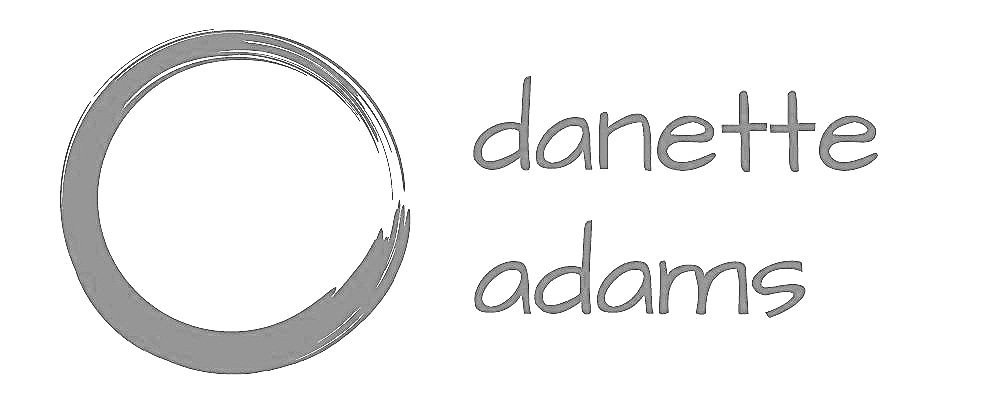practice makes practice
I love puzzles.
All kinds.
Jigsaw, crossword, mazes, lateral-thinking brain teasers. Although, I do find the last ones a tad frustrating since I tend to be too much of a linear, sequential thinker to consider the myriad of potential solutions. Usually end up thinking “how did I not come up with that answer?” when I finally find it out.
I also love to guess whodunit long before the last clue is dropped in the plot of a suspenseful, crime drama.
This fondness for puzzles extends to when I am dealing with someone who is expressing a level of anger, for example, that seems to be beyond what is called for. I look for subtle clues that the person might be giving off about what other, more authentic emotion, may really existing beneath the rage but is resistant to surface.
Oddly enough, this puzzling interest of mine is not helpful for my mindfulness practice.
Whether I am considering my yoga, meditation or daily mindfulness practice, the hyper-vigilant scanning for the “why’s” and “how’s” is a considerable distraction. A misdirection of sorts that clashes with a mindful moment. I want to know…
Why practice at all and is it even practical to do so?
How could my practice lead to a greater resilience in the face of challenges?
Why do I feel the need to document and share my views on my practice?
But at the end of this cycle of my present inhale and exhale, it is clear that this distraction and misdirection is taking me away from that which I seek. Presence.
Practice is not a puzzle to be solved or a means to a better end.
While there may be beneficial side effects from maintaining a regular mindfulness practice, it becomes just another puzzle when there is one eye on the potential of puzzle mastery.
Practice doesn’t make perfect.
Practice makes practice.
In the face of whatever arises.
That is all.


